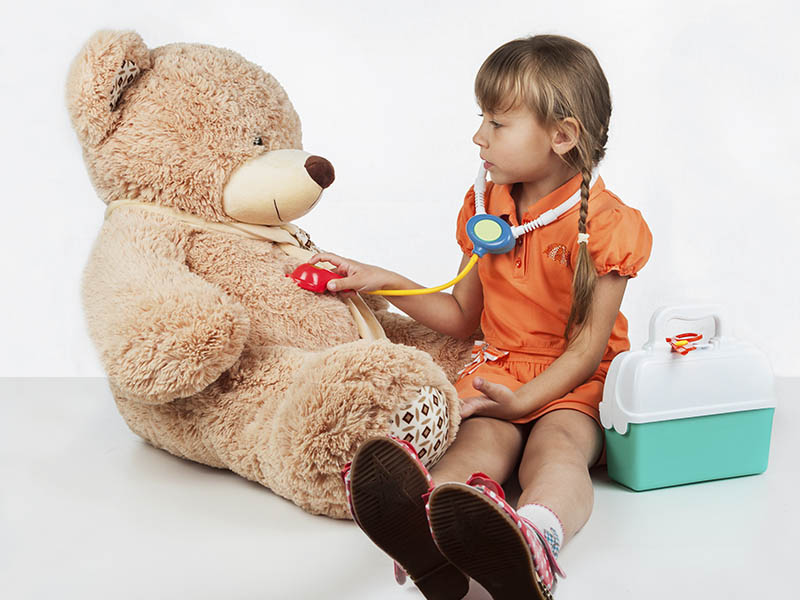Child’s play: how it helps kids work things out
By Caroline Essame
There is a new monster under the bed. It may stay there during lockdown, but for many children it will rear its ugly head once they are free to get out more. But children are resourceful and play is their secret weapon to overcome the anxiety and the sensory and physical deprivation of lockdown. Parents can help them to express and process their fears through play so that the beast under the bed won’t stand a chance.
The power of play to help children overcome trauma is well documented. After the 9/11 attacks, children in the US played more violent and superhero games. At first, people thought it was a reaction to shocking footage on the television. But psychologists realised it was the children’s way of finding inner strength when they didn’t feel safe. They needed to be the heroes and overcome the bad guys. More recently, in Cox’s Bazaar in Bangladesh, therapeutic play is used to support Rohingya children to make sense of what they have lost.

So here are some tried and tested tips to give them positive play experiences.
First, let the children lead their play. They know what worries them and they will know what they need to do to deal with it. Support free play by letting them know there is no right or wrong in play, and that you understand it’s important to them. Don’t direct their play by suggesting what they should do. Allow them to make choices and mirror what they say and do so that you validate their play, using the language of sight such as “Oh, I see Teddy needs looking after” or “What a great den you’ve made, it looks really safe and cosy” and “I see the paint is so messy – that’s OK.” Create free but safe spaces, allow some mess, and give children time to work things out for themselves.
Young children find it easier to talk through metaphor rather than directly. They don’t really understand viruses – all they know is that something scary is lurking out there. So help them feel strong, don’t try to get them to explain what they feel literally and in words, and don’t ask too many questions. There’s a reason why children love to play Disney princesses and Marvel superheroes: they give them a sense of power and control in a frightening world. Give them lots of opportunities for this kind of play.

Finally, make sure your child has lots of movement and multi-sensory play after lockdown. Fear and uncertainty impact our bodies and children store a lot of their experiences there, so get them out into gardens, playgrounds and beaches again. Let them climb, jump, crawl, run in water – help them feel free, literally throwing off the shackles of lockdown. It will do them more good than you’ll ever imagine. They’ll forget the monster was ever there, and it will simply disappear.
Play resources in Singapore
- Free play resources designed to support children play in the way they need to – 30 stay-at-home activity resources based on developmental play in one group page, multiple languages and tagged by developmental levels.
- Parent courses on the importance of play: createcatt-academy.com
- Play Therapy Summer Sessions: Kaleidoscope Therapy Centre offers specialist support for children with anxiety and developmental needs arising from the coronavirus. Available June to August individually and in small groups, they give children the chance to create, play and move in a specially designed environment with guidance from staff trained in developmental play. Email them at info@kaleidoscope.com.sg.

Caroline Essame is an arts, play and occupational therapist with a Masters in play-based education. Working in Singapore as a clinician and educator, she is the pioneer of CreateCATT Developmental Play and author of Fighting the Dragon, Finding the Self: Why Art and Play Matter in Early Childhood.
Kaleidoscope: 6468 8991
We hope you found this interesting; click here if you’d like to read more.





